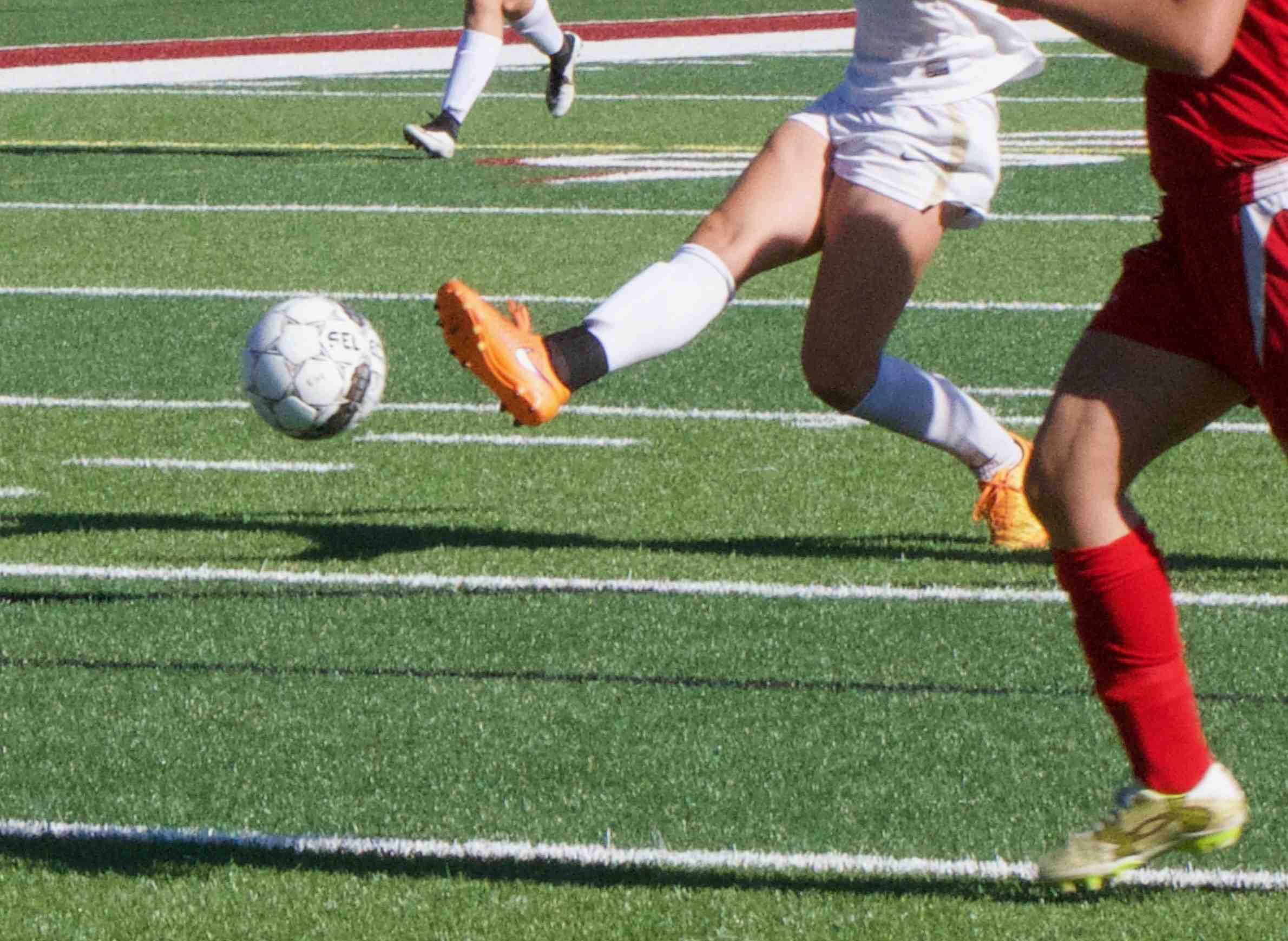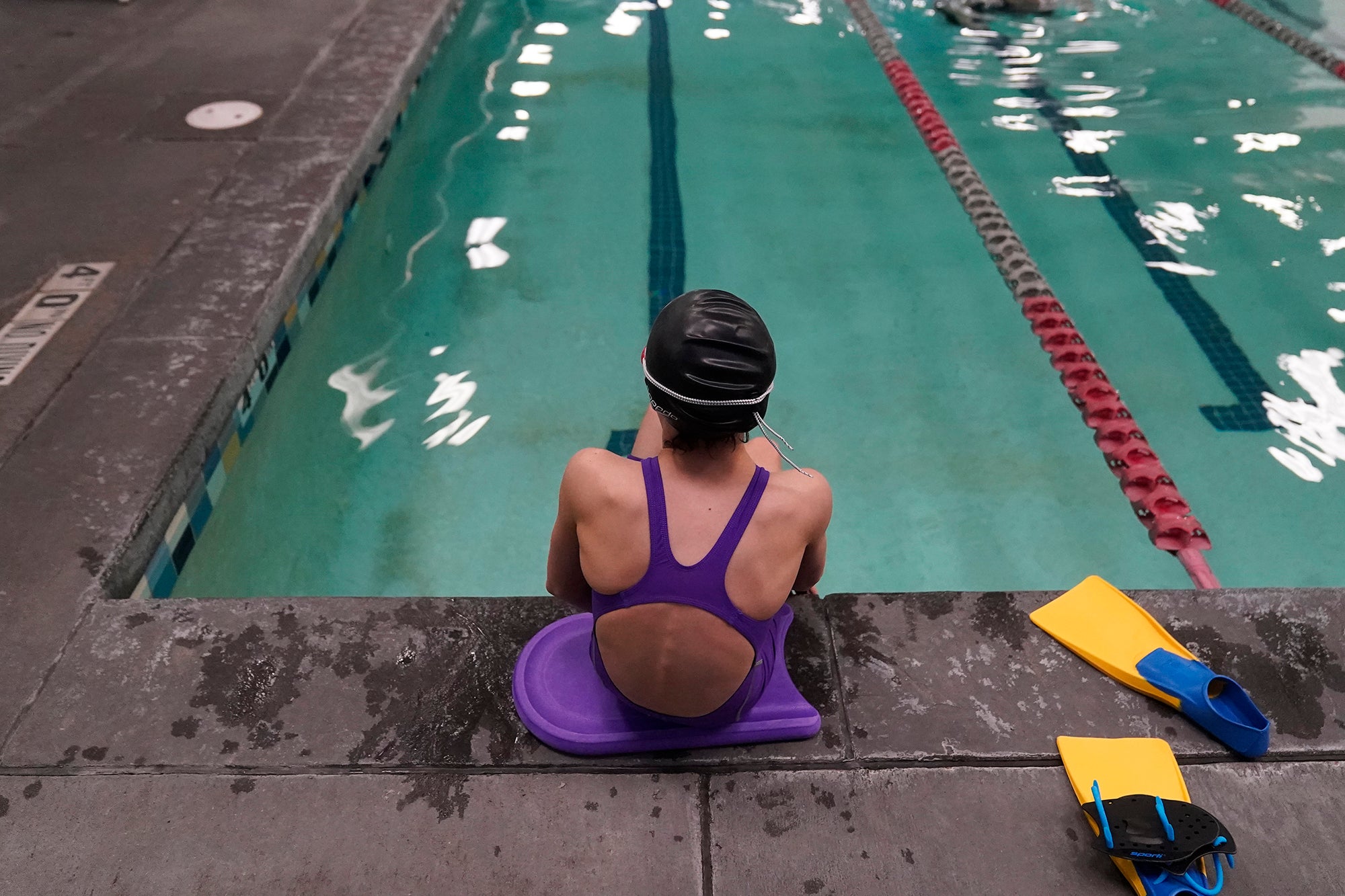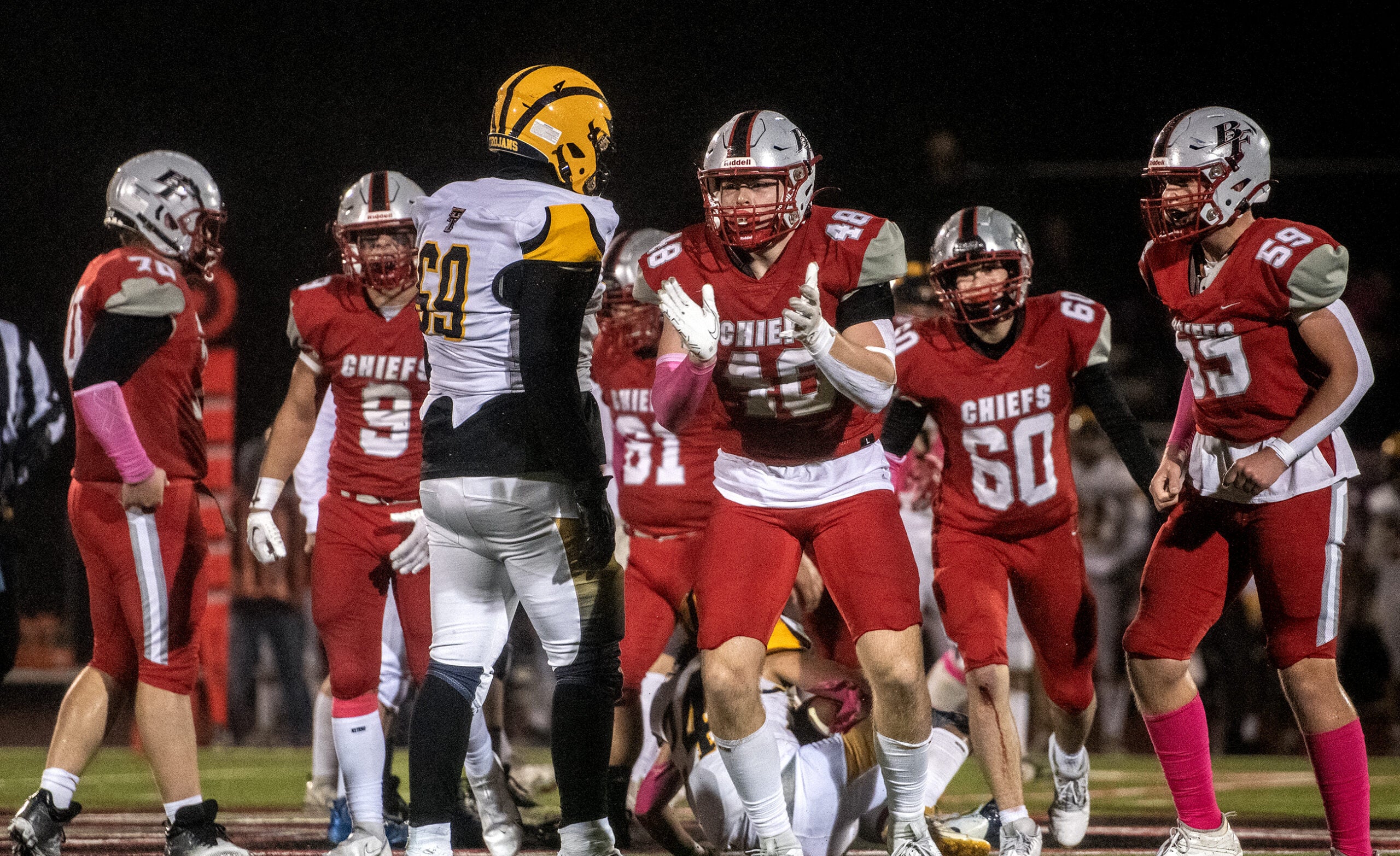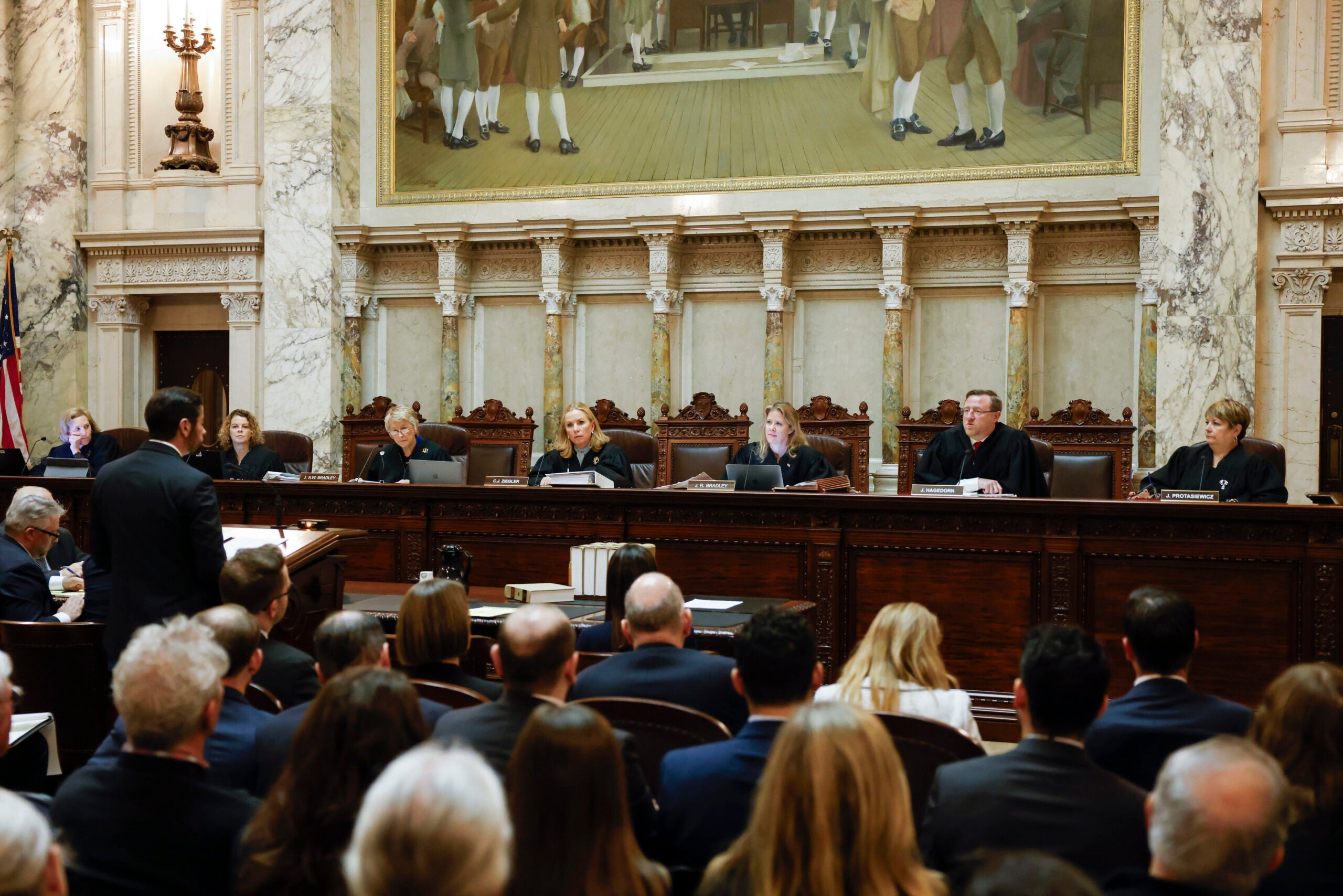A rule aimed at keeping high school sports competitive ran into some controversy this month.
The Wisconsin Interscholastic Athletic Association, or WIAA, prohibits transfer students in 11th and 12th grades from participating in varsity sports for one calendar year after their move. The goal of the rule is to keep high schools from stacking their rosters with top athletes.
But the rule caused a stir when the WIAA ruled that Campbellsport High School senior Josh Onwunili, who recently ran one of the fastest 100-meter sprints in state history, was not eligible to compete. The WIAA initially ruled that Onwunili couldn’t compete because he spent his sophomore and junior years living in Ghana, where his parents relocated for mission work.
News with a little more humanity
WPR’s “Wisconsin Today” newsletter keeps you connected to the state you love without feeling overwhelmed. No paywall. No agenda. No corporate filter.
The WIAA later reversed the ruling after they received pushback, including a letter from a group of lawmakers asking that Onwunili be allowed to compete.
Sen. Duey Stroebel, R-Cedarburg, was one of the lawmakers who signed the letter. Campbellsport, where Onwunili lives, is in Stroebel’s district.
“(It was) clear that the rule was being applied unfairly… I understand the spirit of the WIAA transfer rules and why they were put into place. But anybody can look at Josh’s circumstances and realize that the situation really did not apply (to the rules),” Stroebel told WPR’s “Wisconsin Today.”
Stroebel said he’s grateful the WIAA reversed the decision in Onwunili’s case, but he also pushed for more transparency.
“These eligibility decisions — which have the potential to seriously impact future opportunities for student athletes — they’re made behind closed doors with no accountability. So I think that we need to have really more transparency with what the WIAA does. And, hey, they make a lot of good decisions and they should be able to stand behind them,” Stroebel said.
In the past, Stroebel has called for the WIAA to adhere to state open records laws.
Stephanie Hauser, executive director of the WIAA, told “Wisconsin Today” that the organization doesn’t follow open records laws because it’s a private entity that doesn’t receive tax dollars.
The transfer rules are “meant to preserve the integrity of what education based athletics is meant to be,” Hauser said.
There is already a protocol to address cases like Onwunili’s, Hauser said.
“There’s a really good appeal process in place already. We receive hundreds of waiver requests each year. And many of those — a good portion, not quite half, but a little below half — are approved each year. And those are due to when there are extenuating circumstances that can be documented,” she said.
Onwunili received such a waiver to compete at a regional meet earlier this month, where he qualified to compete in the state track and field championships taking place this weekend in La Crosse.
Wisconsin Public Radio, © Copyright 2025, Board of Regents of the University of Wisconsin System and Wisconsin Educational Communications Board.







